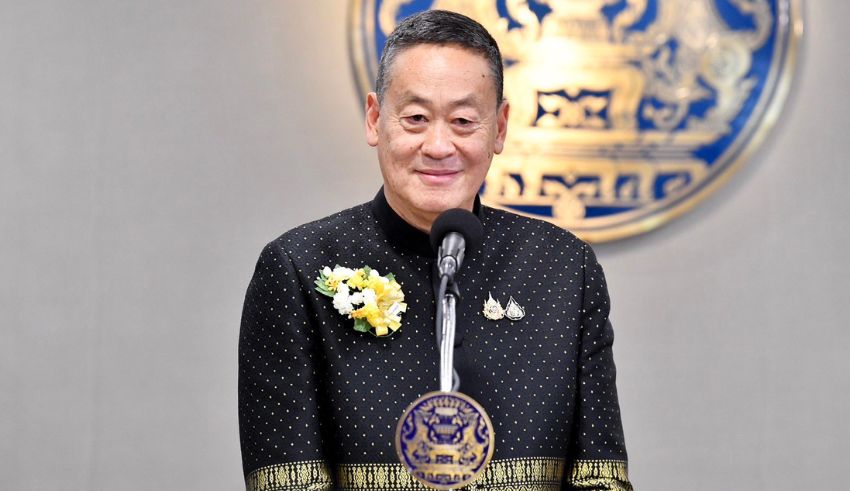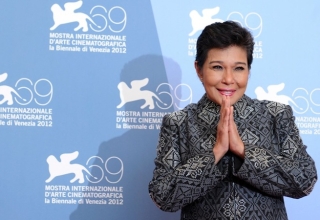
Last updated on August 16th, 2024 at 05:37 pm
The political scene of Thailand has once more been turned upside down as Prime Minister Srettha Thavisin was ousted from office by the Constitutional Court. With a thin 5-4 margin, the decision has thrown the monarchy into further political turmoil and heralds a turbulent time ahead for the country.
The Ethics Case: Trust betrayed
The court declared Srettha guilty of violating rules by selecting Pichit Chuenban, a cabinet minister with a past criminal conviction going back to 2008. Judge Punya Udchachon said after rendering the court’s decision that Srettha’s acts showed a lack of integrity and violated ethical standards, thereby terminating his ministerial post under the constitution. This action conforms to the court’s prior ruling to dissolve the main opposition, the Move Forward Party (MFP), and to forbid the former leader from politics for ten years, therefore upsetting the political scene.
Reaction of Srettha and Political Chaos
Former property magnate Srettha Thavisin, a head of the Pheu Thai party, voiced his dismay but accepted the court’s decision. “I respect the verdict,” he stated, noting that he had tried to run the country ethically during his term. His leaving highlights the ongoing turmoil afflicting Thai politics as he marks the third Pheu Thai prime minister to be sacked by the Constitutional Court in recent years. Declaring regret at being called dishonest, the former prime minister said, “For the almost one year I have been in this role, I have tried with good intentions to lead the country with honesty.”
Historical Setting of Instability
Thailand’s political situation has been unstable for the previous two decades, marked by coups, major demonstrations, and regular court interventions. The ongoing battle between the military-backed, pro-royalist elite and progressive movements connected to the powerful Pheu Thai patriarch Thaksin Shinawatra fuels this turmoil mostly. Reflecting the deep-rooted differences within Thai society, Srettha’s removal marks still another chapter in this continuing story. With each side fighting for control over the nation’s government, the power struggle has sometimes resulted in a cycle of political turbulence.
The Immediately Affecting Governance
Deputy Prime Minister Phumtham Wechayachai has been designated as a temporary prime minister in the meanwhile. Friday is the scheduled parliamentary session to choose a next prime minister. Lead by Pheu Thai, the ruling alliance is scheduled to meet on Thursday to select their nominee. The electoral laws provide that the new premier has to be chosen from the list of candidates that parties sent in before the last election. The fast turnover of leadership and the court’s influence over political decisions have spurred discussions on the independence of Thailand’s court and its part in guiding the political path of the nation.
Future Navigation: Looking Ahead
The ruling of the Constitutional Court emphasizes the fragility of Thailand’s political system, in which institutional and legal interventions still mold the leadership scene. The emphasis will be on whether the next prime minister can negotiate the difficult dynamics and promote stability as the nation gets ready for another leadership change. The result of the forthcoming parliamentary vote will be very important in deciding the course of Thai politics in not too distant future. Viewers are closely observing to see whether the new leadership will bring about a change in the way government is run or whether it will help to uphold the current trends of political conflict.
The More General Consequences for Thailand
Thailand’s political instability has wider consequences for both its foreign policy and economy. Political unrest usually discourages foreign capital since companies want consistency and stability in government policies. Moreover, Thailand’s position in regional affairs could change as it negotiates relationships with its neighbors among internal conflicts. Watching Thailand, a major actor in Southeast Asia, struggle with its internal dynamics while trying to keep its place on the international scene, the world observes.























